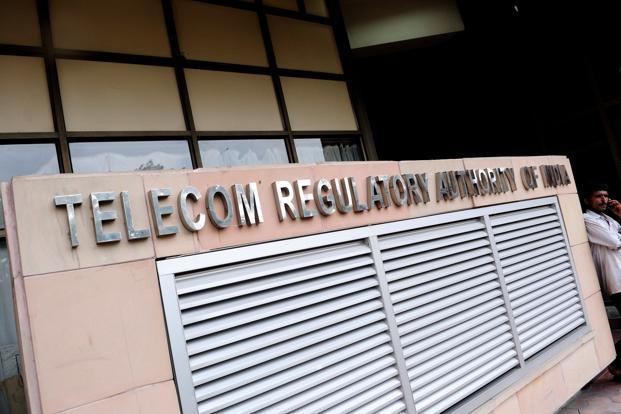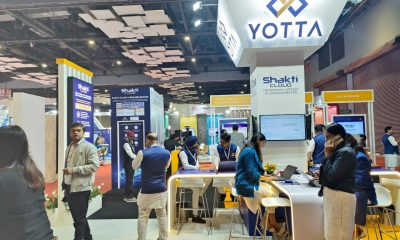Mobile Services
Unsold spectrum resulted in Rs 5.4 lakh crores losses: BIF
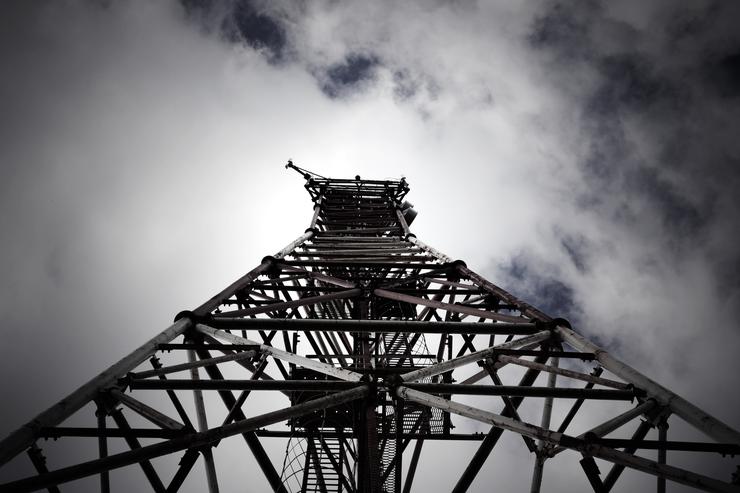
NEW DELHI: Broadband India Forum (BIF), a think tank for Digital Transformation today said that the quantum of 5G spectrum that has been allocated for the upcoming 5G spectrum auctions is not enough for a country of India’s size and density.
The amount of 5G spectrum as recommended by TRAI at 175 MHz is less than one-third of US. Additionally, the present 5G Reserve Price (3.5 GHz band) at Rs 492 crore/MHz is also significantly in deviation with international norms. In absolute terms, the recommended reserve auction price is 5 to 6 times higher than other countries. Both these problems pose a significant challenge to the efficient and effective 5G uptake in the country going forward.
This is in context of the upcoming spectrum auctions by DoT in the 700 MHz, 800 MHz, 900 MHz, 1800 MHz, 2100 MHz, 2300 MHz, 2500 MHz, 3300-3400 MHz and 3400-3600 MHz bands. BIF believes that 5G spectrum pricing is very crucial and will define the success of the upcoming auctions. 5G’s massive capacity makes it stand out as compared to other technologies.
Highlighting this issue, TV Ramachandran, President Broadband India Forum said, “It is important to note that spectrum price in India is the single most important factor that can translate the auction into success or failure. Under such a serious situation, mere price adjustments would not suffice, and one needs a radical review of the price valuation fundamentals. This assumes significance importance in the context of the upcoming 5G spectrum auctions. It is important that we consider learnings from the past and recalibrate the 5G auctions in a manner that sets reserve prices reasonably low to facilitate maximum auction participation and maximise the sale of spectrum so that an optimal combination of both direct and indirect benefits is realized.”
BIF believes that some of the fundamental issues facing the telecom industry are yet to be addressed by TRAI in this context. This includes the following issues:
· No real discovery of market price in past auctions
· Reserve Prices have been rising continuously
· TRAI Methodology of calculating Reserve Price does not rely much on fresh valuation
· Basis of valuation models not explained
· 700 MHz price: calculation error and outlier effect
· 5G reserve price too high and way out of international norms
It should be noted that even the Indian Council for Research on International Economic Relations’ (ICRIER) independent report has concluded that TRAI recommendations and the auction design/rules need to be reviewed.
Economic Losses Due to Unsold Spectrum
BIF also highlighted that as a result of high reserve prices in previous auctions, India has incurred approximately Rs 5.4 lakh crores (around US$ 756 Billion) in economic losses since 2010. This is an outcome of every unsuccessful mobile spectrum auction that has had severe implications not only in terms of spectrum remaining unsold but also in terms of valuable economic benefit lost as a result of this unsold spectrum remaining idle.
In the last auctions held in October 2016, which was India’s largest spectrum sale, more than 1300 MHz of radio spectrum (approximately 59%) remained unsold, leading to significant unrealized potential. Taking all the six auctions held since 2010 together, only about 60% has been sold. Adopting a conservative approach, India had 762 million active mobile connections in 2016 served by over 3800 MHz of spectrum allocated to licensees. This indicates that the idle spectrum with government could enable connectivity for roughly 278 million additional active connections. 278 million active connections correspond to 21% of the total Indian population. If 10% increase in tele-density leads to an increase of 1.9% in GDP (applying the results of the ICRIER economic impact study), the financial cost of this idle spectrum can then be estimated to be Rs 5.40 lakh crores, or over 160% of the financial benefit of Rs 3.30 lakh crores from all spectrum auctions so far.
The socio-economic relevance of the technology and of such a figure is significant, especially for developing nations such as India. It is also important to take note that this estimated increase in national GDP is over and above the increase that accrues to the national exchequer in exchange for the rights to use radio spectrum. Due to our very high reserve prices in past auctions, we have accumulated huge unsold spectrum and thereby lost to the nation and the public as much as Rs 5.40 lakh crores and consumers have lost out on quality of services.
Economic Value Lost Due to Spectrum Lying Idle
| Item | Amount |
| Tele-density gain as a percentage of total population | 21% |
| Economic Impact of spectrum lost as a % of GDP | 3.95% |
| Economic value loss when applied to GDP | ₹ 5.4 lakh Crores |
Stakeholders need to review the current situation with regards to spectrum auctions not just in the context of pricing but also availability. India requires more spectrum to support surging data traffic (India now has the highest data traffic in the world) but has one of the lowest allocations in the world. Many developed nations across the world have assigned spectral resources far in excess of the quantum that is available to Indian operators.
India has 185 MHz of spectrum, much far behind 370 MHz in the United States, 296 MHz in France and 260 MHz in China. For a country with a large population, highly inadequate fixed line connectivity and rapidly growing mobile usage, this is an enormous problem that constrains the coverage as well as quality of services.
5g
Airtel announces its largest ever 5G roll-out in 125 cities
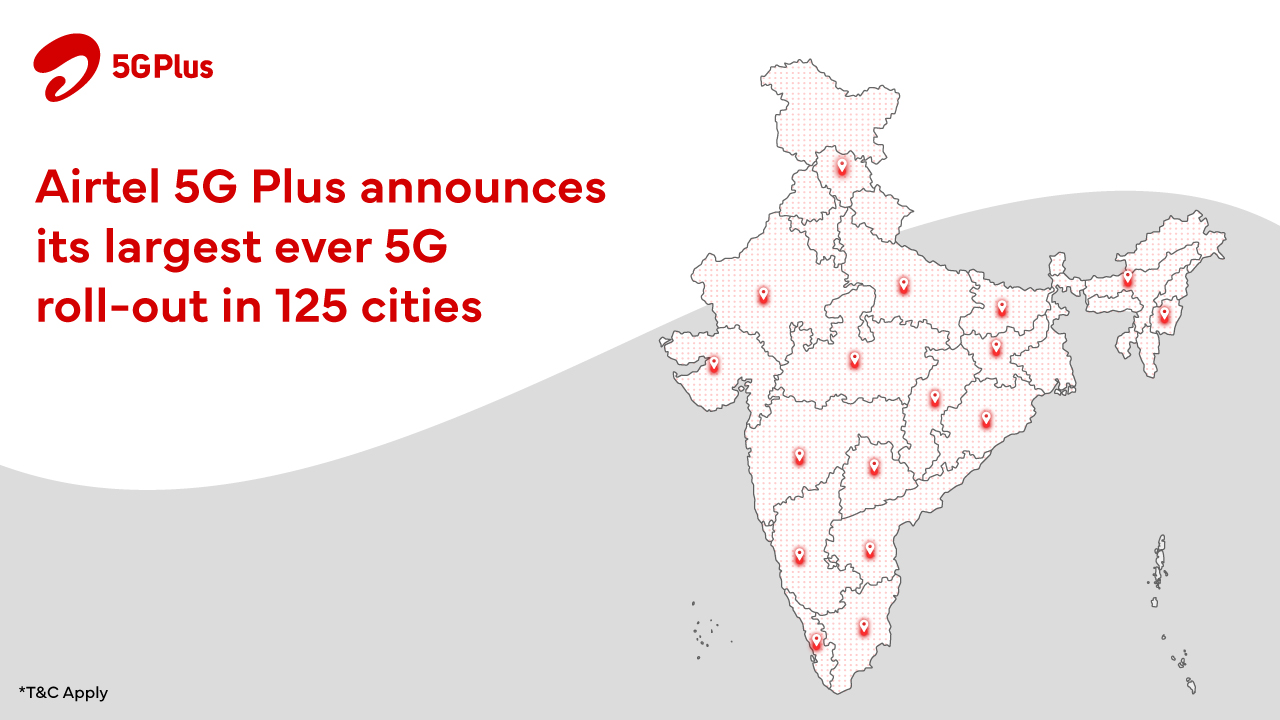
NEW DELHI: Bharti Airtel, India’s telecommunications services provider, today announced the launch of its ultra-fast 5G services in 125 cities. Airtel 5G Plus service is now available to customers in over 265 cities in the country.
Airtel 5G Plus has three compelling advantages for customers. First, it runs on a technology that has the widest acceptance in the world with the most developed ecosystem. This ensures that all 5G smartphones in India seamlessly work on the Airtel network. Second, the company promises to deliver the best experience – between 20 to 30 times higher speeds than today coupled with brilliant voice experience and super-fast call connect. Finally, Airtel 5G Plus network will also be kinder to the environment with its special power reduction solution. Powered by the reliable Airtel network infrastructure, Airtel 5G Plus will provide superfast access to High-Definition video streaming, gaming, multiple chatting, instant uploading of photos et all.
Commenting on the launch, Randeep Sekhon, CTO, Bharti Airtel said, “5G has revolutionized the world of internet, ushering new era of connectivity and communications that will prove to be a game-changer for the country. At Airtel, we remain committed to delivering the highest quality of network and service to our customers as we roll-out 125 more cities today. Airtel was the first in the country to offer 5G services in October 2022, and today’s mega launch is our promise to connect every Airtel customer in the country with ultra-fast Airtel 5G Plus. Our 5G rollout is on track to cover all towns and key rural areas by March 2024.”
Airtel 5G Plus service availability will continue to rapidly expand – including service in all towns and villages in the country soon – as the company is working towards offering nationwide coverage. Airtel is now offering its 5G services in every major city from the upper northern city of Jammu to the southern tip of Kanyakumari.
In the last one year, Airtel has demonstrated the power of 5G with a host of powerful use cases that will change the way customers lead their lives and do business. From India’s first live 5G network in Hyderabad to India’s first private 5G network at the BOSCH facility in Bengaluru to partnering with Mahindra & Mahindra to make its Chakan manufacturing facility, India’s first 5G enabled auto manufacturing unit, Airtel has been at the forefront of 5G innovation.
5g
Apple rolls out beta programme for iPhones to enable 5G services
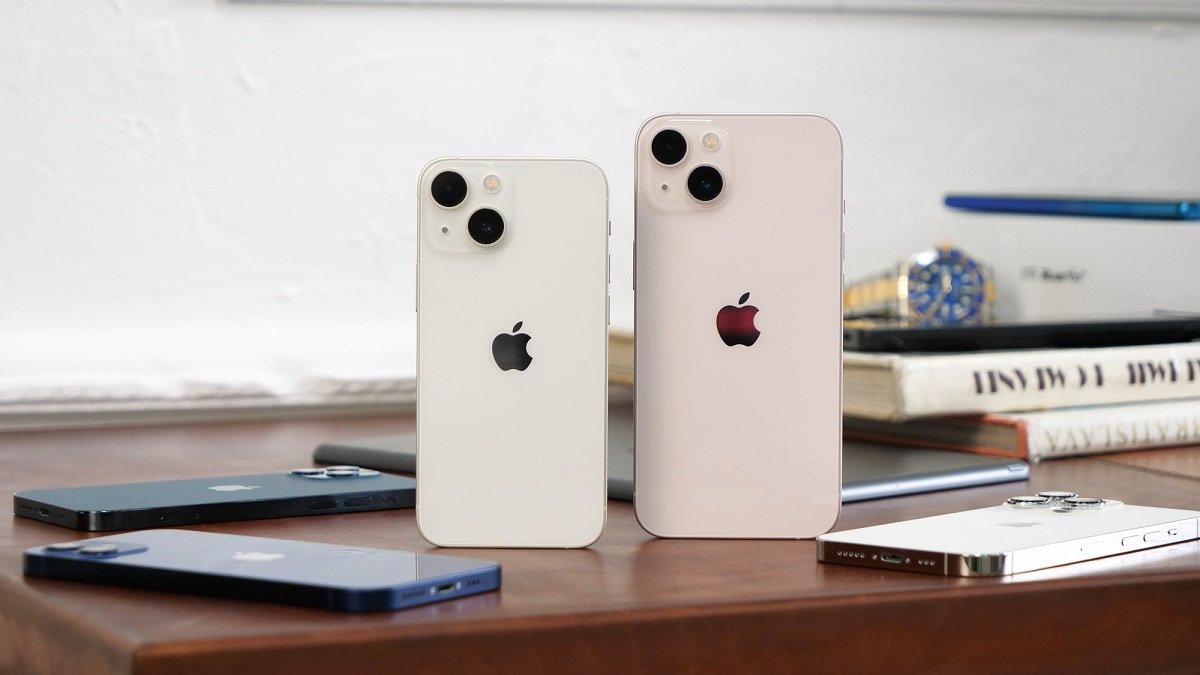
NEW DELHI: Apple Inc has rolled out a beta programme to enable 5G on Apple devices as the upgrade lets users try out pre-release software.
This software upgrade enables 5G access on Apple devices, as and when service providers Jio, Airtel and Vodafone enable 5G network access, sources said.
Apple Users have to enrol for the Beta Programme on the website, install a profile and download the software.
Jio users using iPhone 12 and above, in cities where JioTrue5G has been rolled out, will be invited to the Jio Welcome Offer. Jio Welcome Offer provides unlimited 5G data at up to 1 Gbps speed to users at no additional cost. However, there is a condition that prepaid users must be on active Rs 239 and above plan. All Postpaid users are eligible for this trial.
Airtel is not providing any special 5G offer like Jio to their users. In the cities/areas in which the Airtel 5G network has been launched, users can trial 5G services as a part of their existing plan, once they have updated the latest Apple Beta software.
While an email sent to Apple did not solicit an immediate response, the firm had last month stated: “We are working with our carrier partners in India to bring the best 5G experience to iPhone users as soon as network validation and testing for quality and performance is completed. 5G will be enabled via a software update and will start rolling out to iPhone users in December”.
Airtel and Jio customers on iPhone 14, iPhone 13, iPhone 12 and iPhone SE (3rd generation) models can experience 5G as part of Apple’s iOS 16 Beta Software Program. The Apple Beta Software Program is open to anyone with a valid Apple ID who accepts the Apple Beta Software Program Agreement during the sign-up process.
If a user has an iCloud account, that is an Apple ID, it is recommended they use that. If they do not have an iCloud account or any other Apple ID, they can create one.
Customers who want to try the beta software should back up their iPhones before installing the beta software. It is recommended to install the beta software only on non-production devices that are not business-critical. Users can also provide feedback to Apple on quality and usability, which helps Apple identify issues, fix them, and make Apple software even better.
The iOS beta comes with the built-in Feedback Assistant app, which can be opened from the Home screen on the iPhone or iPad or from the Dock on the Mac.
Source: Press Trust of India
5g
Nokia wins multi-year deal with Reliance Jio India to build one of the largest 5G networks in the world
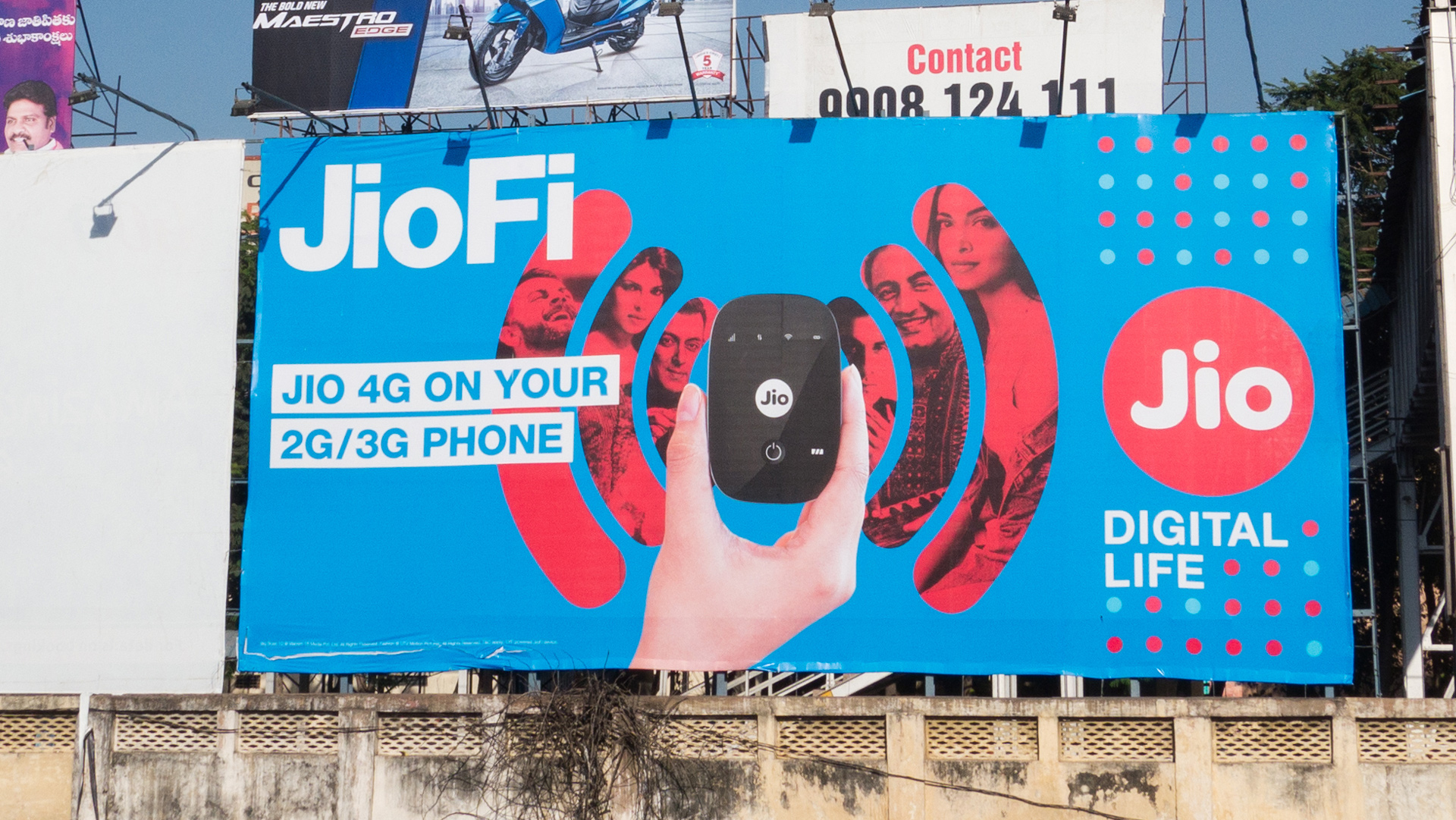
NEW DELHI: Nokia has announced that it has been selected as a major supplier by Reliance Jio to supply 5G Radio Access Network (RAN) equipment from its comprehensive AirScale portfolio countrywide in a multi-year deal. Reliance Jio is India’s number one mobile operator and has one of the largest RAN footprints in the world.
Under the contract, Nokia will supply equipment from its AirScale portfolio, including base stations, high-capacity 5G Massive MIMO antennas, and Remote Radio Heads (RRH) to support different spectrum bands, and self-organizing network software. Reliance Jio plans to deploy a 5G standalone network which will interwork with its 4G network. The network will enable Reliance Jio to deliver advanced 5G services such as massive machine-to-machine communications, network slicing, and ultra-low-latency.
Akash Ambani, Chairman Reliance Jio, commented: “We are pleased to be working with Nokia for our 5G SA deployment in India. Jio is committed to continuously investing in the latest network technologies to enhance the experience of all of its customers. We are confident that our partnership with Nokia will deliver one of the most advanced 5G networks globally.”
Pekka Lundmark, President and CEO at Nokia stated: “This is a significant win for Nokia in an important market and a new customer with one of the largest RAN footprints in the world. This ambitious project will introduce millions of people across India to premium 5G services, enabled by our industry-leading AirScale portfolio. We are proud that Reliance Jio has placed its trust in our technology and we look forward to a long and productive partnership with them.”
Nokia has a long-standing presence in India. This new deal will mean that Nokia is now supplying India’s three largest mobile operators.

